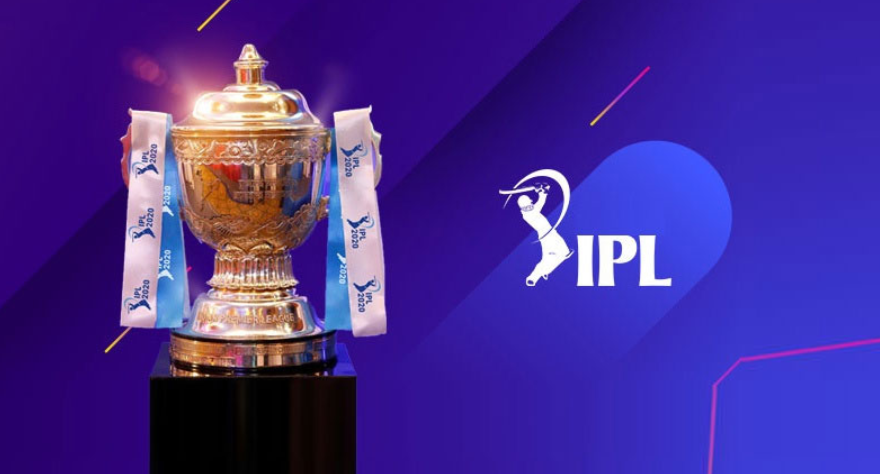Indian Premier League
The Indian Premier League (IPL) is a professional Twenty20 cricket league in India. It is governed by the Board of Control for Cricket in India (BCCI) and was established in 2007. The IPL has emerged as one of the most popular and lucrative cricket leagues in the world, attracting top international players and boasting a massive fan base.
Format and Structure:
The IPL follows a franchise-based model, where teams representing various cities or states in India compete against each other. Currently, there are eight teams participating in the tournament. Each team is a separate entity that is owned by individuals, business conglomerates, or even celebrities. The teams engage in a rigorous player auction process to build their squads, ensuring a fair distribution of talent across the league.
The league is played in a round-robin format, where each team plays against every other team twice in the group stage. The top four teams in the group stage advance to the playoffs, which consist of Qualifier matches and an Eliminator. The top two teams from the group stage compete in the Qualifier 1, with the winner directly advancing to the final. The teams finishing third and fourth play in the Eliminator, where the winner moves on to the Qualifier 2. The losing team from the Qualifier 1 also plays in the Qualifier 2. The winner of the Qualifier 2 joins the winner of Qualifier 1 in the final match to determine the IPL champion.
Significance and Impact:
The IPL has revolutionized the landscape of professional cricket with its innovative and dynamic approach. It has introduced several groundbreaking initiatives such as the introduction of cheerleaders, strategic time-outs, and the use of Decision Review System (DRS). The league has also witnessed technological advancements in broadcasting, enhancing the viewing experience for millions of fans worldwide.
The IPL has not only provided a platform for domestic Indian players to showcase their talent but has also attracted top cricketing stars from around the globe. The league's allure lies in its ability to bring together players from diverse backgrounds, fostering camaraderie and healthy competition.
Financially, the IPL has proven to be an enormous success. It has attracted substantial investments from corporate sponsors and broadcasters, resulting in substantial revenue streams for the BCCI and team owners. The league's popularity has led to the emergence of several ancillary industries, including advertising, merchandising, and tourism, further contributing to India's economic growth.
Criticism and Challenges:
While the IPL has been celebrated for its entertainment value and commercial success, it has faced criticism and challenges as well. Some concerns include player workload and burnout due to the demanding schedule, potential conflicts of interest arising from team ownership and player representation, and the impact of the league on traditional cricket formats.
The IPL has also encountered controversies related to corruption and match-fixing. The league has taken significant measures to address these issues, including the establishment of anti-corruption units and strict disciplinary actions against individuals involved in malpractice.
Conclusion:
The Indian Premier League has transformed the cricketing landscape in India and captivated audiences worldwide. It has redefined the concept of sports entertainment and created a platform for players to exhibit their skills on a global stage. The league's success lies in its ability to strike a balance between sporting excellence and commercial viability. As the IPL continues to evolve, it will undoubtedly play a pivotal role in shaping the future of cricket, both in India and internationally.
Thank You
REGARDS : GENIUS THOUGHTS
%20(2).jpeg)
.jpeg)
.jpeg)

%20(1).jpeg)
Comments
Post a Comment